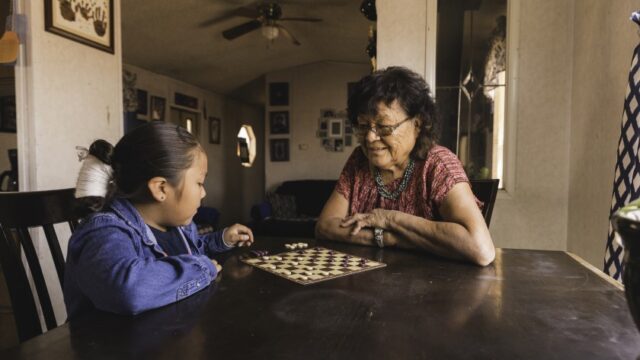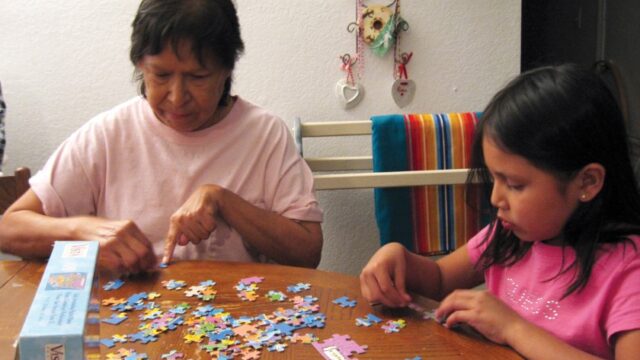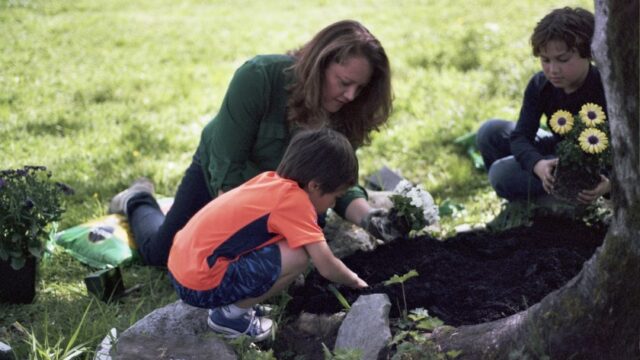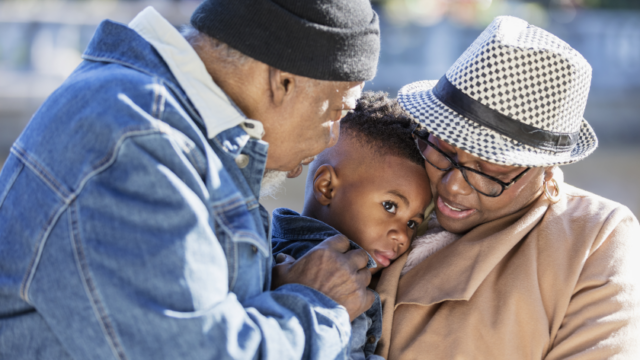
This report was produced by USAging and the Scripps Gerontology Center at Miami University, and it includes findings from the beginning of the pandemic as well as more general findings about Title VI Native American Aging Program (Title VI program) services, partnerships, and unmet needs. Title VI programs provide many services to support American Indian, Alaska Native, and Native Hawaiian elders who are living on tribal lands. Every three years, the Administration for Community Living funds a national survey of Title VI programs to learn about trends and changes in programs and needs, and this report is part of that cycle.
USAging is one of the primary partners of the Grandfamilies & Kinship Support Network.


